Prunes are plums that have been dried. Plums are easy to grow and delicious fresh fruits with a long history. The number one producer of plums in the world is China. Plants are small-medium tree species. The fruits are oval and of a small size, which may range from green to dark purple.
These fruits are considered multi-purpose for most parts, used in preventive health and natural regulation of bodily functions.
Across the world's temperate zones, more than 100 species of plums have been cultivated since prehistoric times. Most dried plums are from the d'Agen variety, particularly in California and France, where it originated. Plums have several processing types. Dried plums are dried from harvested at high temperatures in hot air. The dry one of the plum is more accentuated in sweetness than that of the fruits.
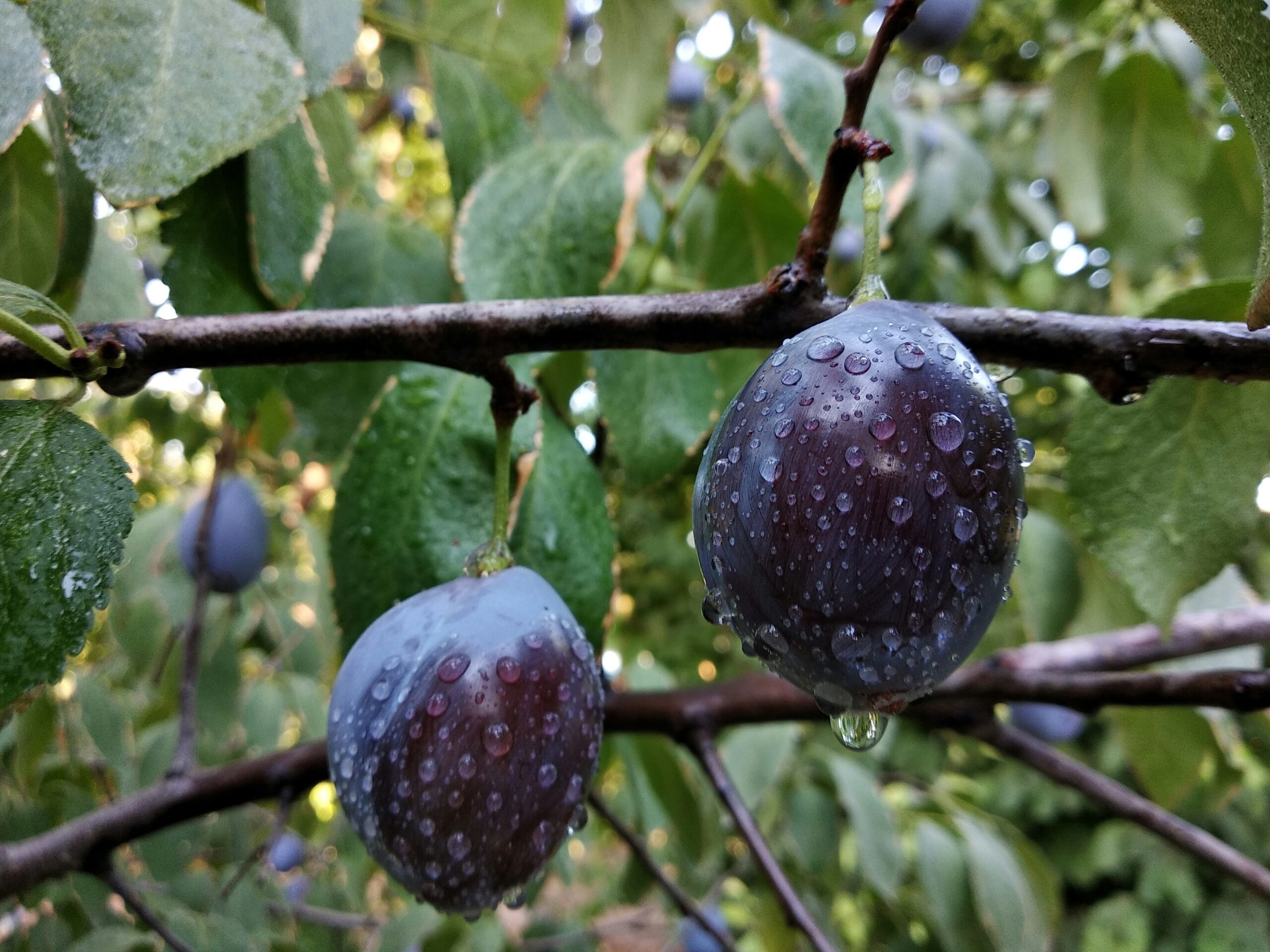
For this reason, it is suitable for the subsequent processing steps in producing juices, puree, and other products. Plums are folk medicine sources with hyper-nutritional, laxative, and digestibility properties applied against numerous diseases. Numerous scientific studies confirm that this is one of the most appreciated characteristics of dried plums and their biological effectiveness on human health.
Dried fruits can be regarded as the king of functional foods. Prune flesh is nontoxic but always use caution. Dried plums have contraindications to use and have side effects that can manifest with an overabundance of these dried fruits. Discover what precisely functional foods are.
Dried plums are the plant's fruit, Prunus domestica L. The fruits become dehydrated after harvesting (low moisture content). Currently, most dried plums are cultivated from Prunus domestica cv. d'Agen![]() , from soapy origins in southwestern France. First brought to California in 1856 by Louis Pellier
, from soapy origins in southwestern France. First brought to California in 1856 by Louis Pellier![]() .
.
Prunes (dried plums) are some of the most familiar foods with an established reputation. Ancient and medieval writers eulogized the virtues of dried plums, attributing numerous effects to them. Over the past couple of decades, a notion has materialized that certain foods can uphold satisfactory health and ward off chronic diseases. Now, discover what amazing health benefits dried prunes can possess.
Dried prunes are popular for their digestive system benefits. Sorbitol![]() and other components in prunes act as laxatives. Also, these dried fruits have more fiber than fresh fruits; they help regulate the digestive system and are effective against constipation. If taken regularly, dried plums will reduce the intensity of these problems for people suffering from constipation.
and other components in prunes act as laxatives. Also, these dried fruits have more fiber than fresh fruits; they help regulate the digestive system and are effective against constipation. If taken regularly, dried plums will reduce the intensity of these problems for people suffering from constipation.
Prunes also have a prebiotic effect, so they benefit the intestines. Even the juice made from these dried fruits has a mild laxative effect. Prunes can be eaten in various forms. Hence, it is also suitable in cases of mild prunes-wide and, thus, liver disease of choice. Please note: The liver diet needs to be digestible and balanced.
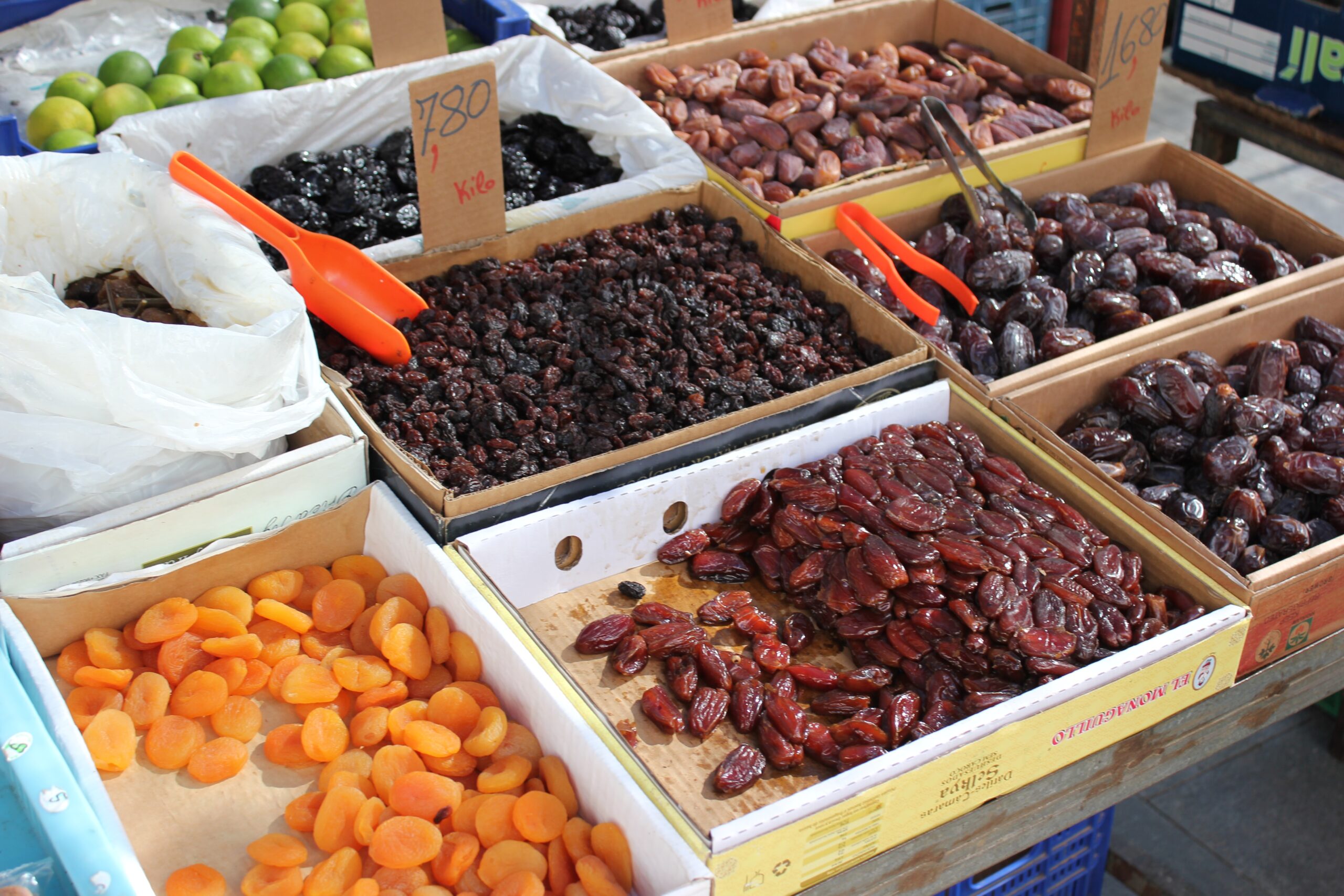
Antioxidant capacity is frequently observed in fresh fruits. Food processing can dull this ability. But prunes boast powerful antioxidants as compared to other types of dried fruit. This is an advantage of the product and one to keep in mind. Dried plums and plum extracts can effectively eliminate harmful free radicals from the human body due to their high content of phenolic compounds.
This means that these fruits can also prevent oxidation—the process of becoming rotten—and save your body from many diseases and infections. Scientists assert that eating antioxidant foods is advantageous to health, which is exactly why so much importance and emphasis are placed on the intake of vegetables and fruits in our usual day-to-day diet.
Dried plums also offer another great benefit: their ability to protect us from cancer. Doctors and Scientists are fighting significant public health issues, such as dangerous diseases like cancer. Maximizing the availability of healthy foods can decrease the population's propensity to develop cancer.
Research has indicated that the palatability of dried prunes works to suppress colon cancer![]() . An agent naturally found in dried plums and several other fruits has also demonstrated similar effects in preventing the malignant transformation of epithelial cells in diverse tissues. Antioxidant action of components is likely responsible for the anticancer effect of prunes. This is proof that dried plums deserve a place on the menu.
. An agent naturally found in dried plums and several other fruits has also demonstrated similar effects in preventing the malignant transformation of epithelial cells in diverse tissues. Antioxidant action of components is likely responsible for the anticancer effect of prunes. This is proof that dried plums deserve a place on the menu.
What other great advantage missed dried plums? Here it is. Research indicates that cholesterol levels are lowered from daily dried plum (prunes) consumption. Isn't that great news? Anyone with high cholesterol problems would surely agree. Lipids are high, it's an ailment – and it gives rise to numerous conditions. The function complements their action because the components of dried plums can convert bile acid attaches. Thus, lipid reductions by natural dried plum supplementation can prevent some CVDs, including atherosclerosis![]() .
.
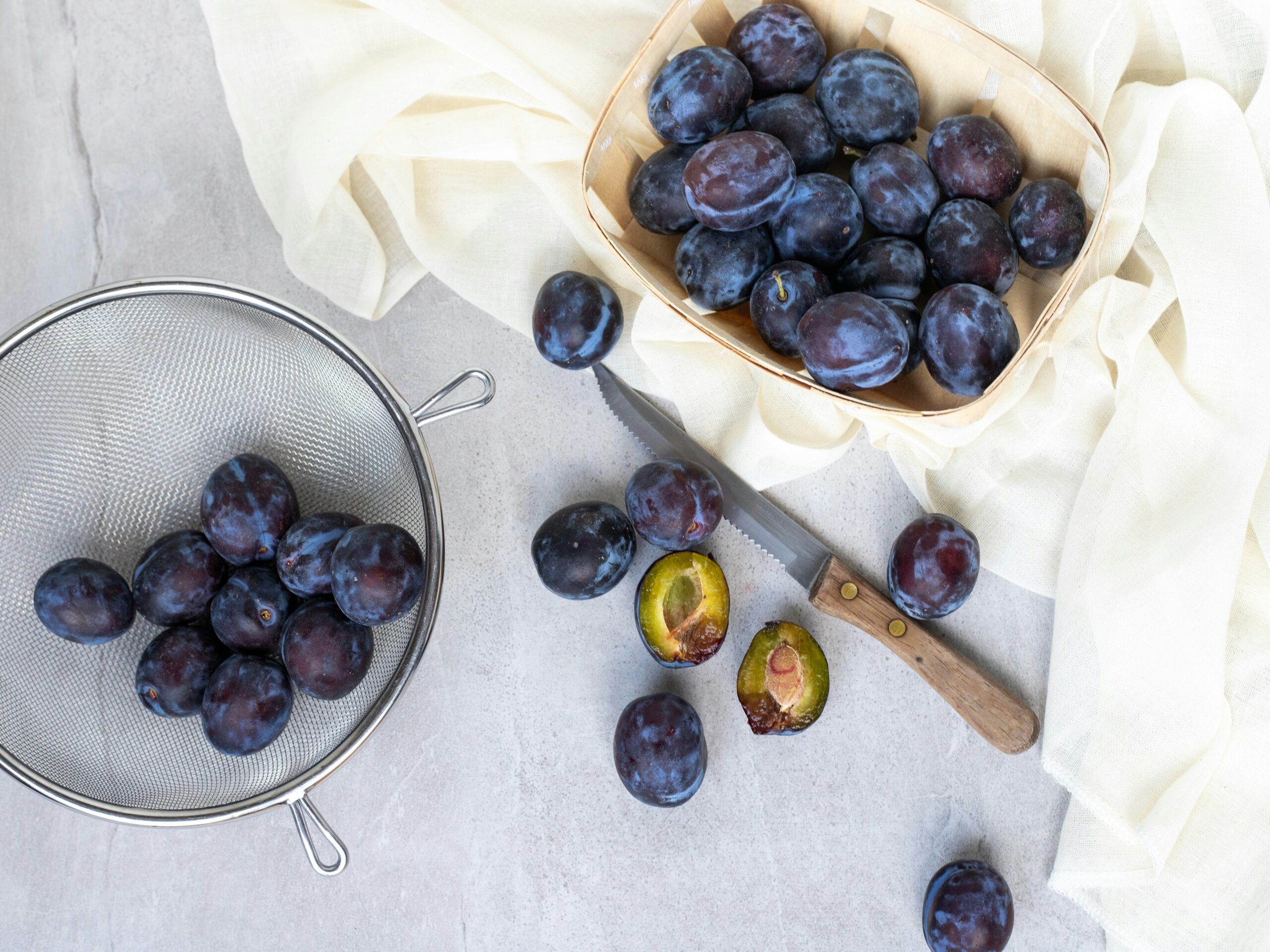
Like it or not, you already know that hypertension is a common health issue and further can lead to problems. In this case, the role of diet is very high, especially for people who are in the risk group, meaning those who smoke cigarettes or consume alcohol and have low physical activity. Also, predisposing aspects are genetic conditions that can not be prevented, so product types protecting against hypertension are crucial. Examples of these kinds of products are dried-out prunes. When used chronically, they have an important active ingredient called caffeic acid that prevents increased blood pressure.
Some prunes also work on your brain. Did you know that? According to researchers, consuming dried prunes can improve cognitive impairment among older people. Supplementation with plum juice was the focus of the study. Prunes allow us to face all these problems in a milder way as the years go by, thanks to their antioxidants. This makes prunes worth reaching for because cognitive functioning is essential to daily life if you want to live comfortably. Not everyone realizes how helpful it is to support their cognitive functions alongside their physical health—if you can believe that.
This effect of prunes is also another advantage for the brain: Anti-Anxiety. Prunes are effective at lessening brain oxidative stress related to anxiety disorders![]() by activating particular receptors. The results indicate that plums may benefit various anxiety disorders, which could relate to their rich content of valuable components and the ability to enhance antioxidant capability. So, for those who are high-strung or live a stressful life, try eating dried plums; your mental comfort improves. It is a worthwhile attempt to combine eating prunes with other proven methods.
by activating particular receptors. The results indicate that plums may benefit various anxiety disorders, which could relate to their rich content of valuable components and the ability to enhance antioxidant capability. So, for those who are high-strung or live a stressful life, try eating dried plums; your mental comfort improves. It is a worthwhile attempt to combine eating prunes with other proven methods.
You see, you know the effect that dried fruit prunes have on the cardiovascular system or even the brain. But along those same lines, these amazing things can be bone-healthy! Studies show that prunes are one of the best foods for preventing or reversing loss of bone mass. Their mineral content influences bone metabolism and maintains bone mineral density.
Hence, plums help prevent the loss of bone mineral density. So, these dry fruits are ideal for preventing the bones from injuries and fractures. This is particularly helpful in the case of those at high risk, such as menopausal women. In postmenopausal women, dried plum supplementation may increase bone formation and decrease resorption, which could protect against osteoporotic fractures![]() .
.
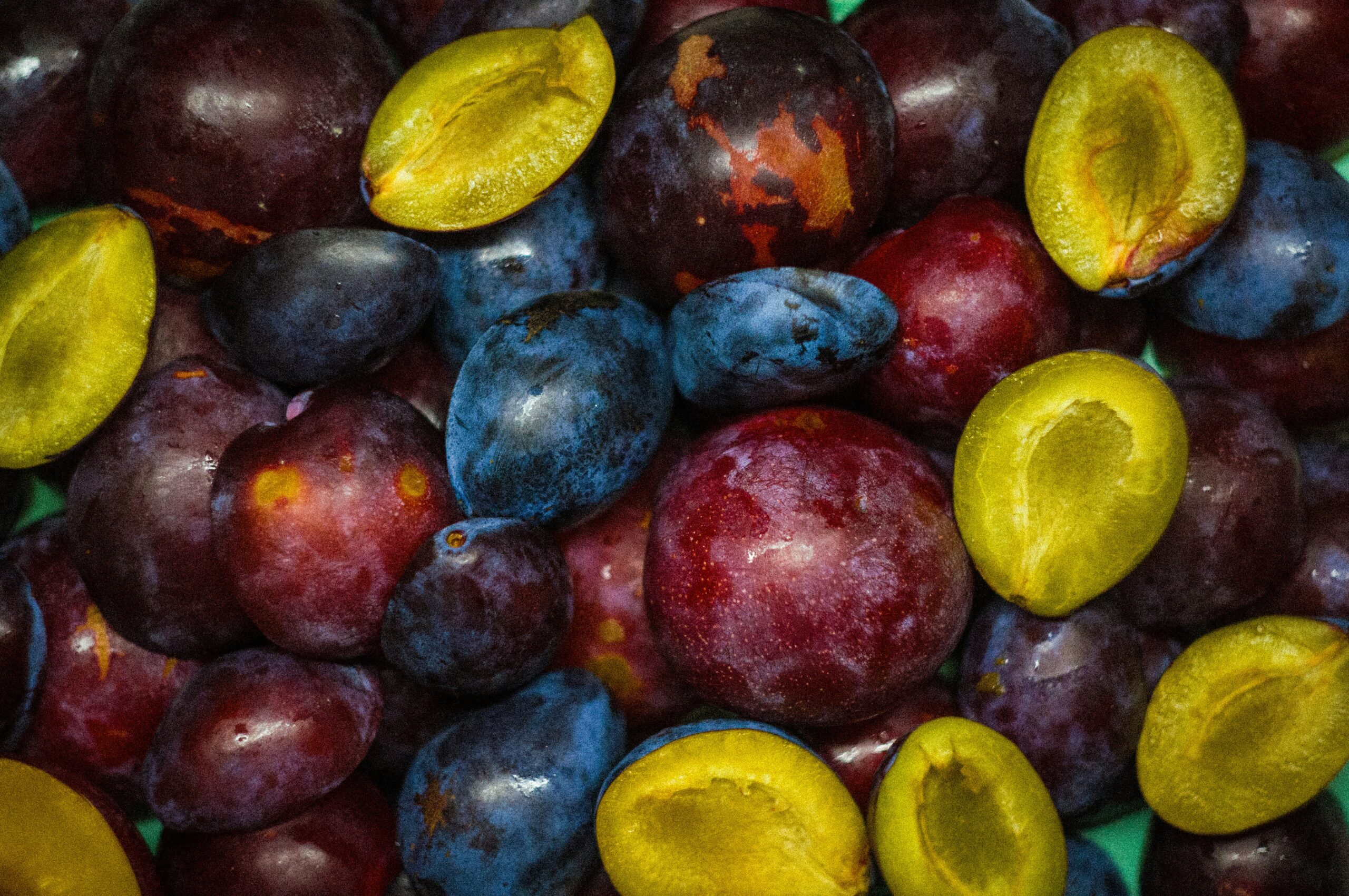
A final one is that dried plums may alter sugar metabolism. Due to the comparatively high sugar content, dried prunes also provide a lot of energy. However, they are not super-fast at spiking blood sugar and appear to have a moderate glycemic response![]() or index. I am interested in learning more information about this that could be particularly helpful for people with diabetes.
or index. I am interested in learning more information about this that could be particularly helpful for people with diabetes.
Over the extended period of being fed a diet supplemented with dried plums, insulin secretion was decreased in study subjects. Prunes were one of the different food items that had an impact on diabetes, and this can also be observed in several other studies. It should be noted, however, that there is no limit to consuming dried plums in moderation.
A dried fruit may be slightly different in some nutrients than its fresh version. Nevertheless, this does not imply that dried plums are less nutritious. Rather, some of the characteristics are magnified due to the drying process. Dried prunes have more energy than fresh fruit because of their higher sugar content. Among these dried fruits, prunes offer 239 kcal![]() per 100 grams.
per 100 grams.
Sugar concentration is more than doubled in dried prunes, relative to fresh prunes, due to water loss during the drying process. Still, dehydration also causes qualitative changes in the proportions of some individual sugars. The biggest difference is the near complete removal of sucrose![]() (which is hydrolyzed to sugars like glucose and fructose during processing). Besides the base, carbohydrates and dried plums are also sources of many other valuable compounds. Read more about the most significant of these.
(which is hydrolyzed to sugars like glucose and fructose during processing). Besides the base, carbohydrates and dried plums are also sources of many other valuable compounds. Read more about the most significant of these.
Prunes have one of the highest concentrations of dietary fiber, benefiting the digestive system and beyond. Researchers in the study noted that dried plums have an estimated fiber content of 6 to 16 g/100 g![]() , most of which consists of pectin
, most of which consists of pectin![]() , a substance with remarkable health-promoting effects. Because pectins improve human activity, it is worth reaching for dried plums.
, a substance with remarkable health-promoting effects. Because pectins improve human activity, it is worth reaching for dried plums.
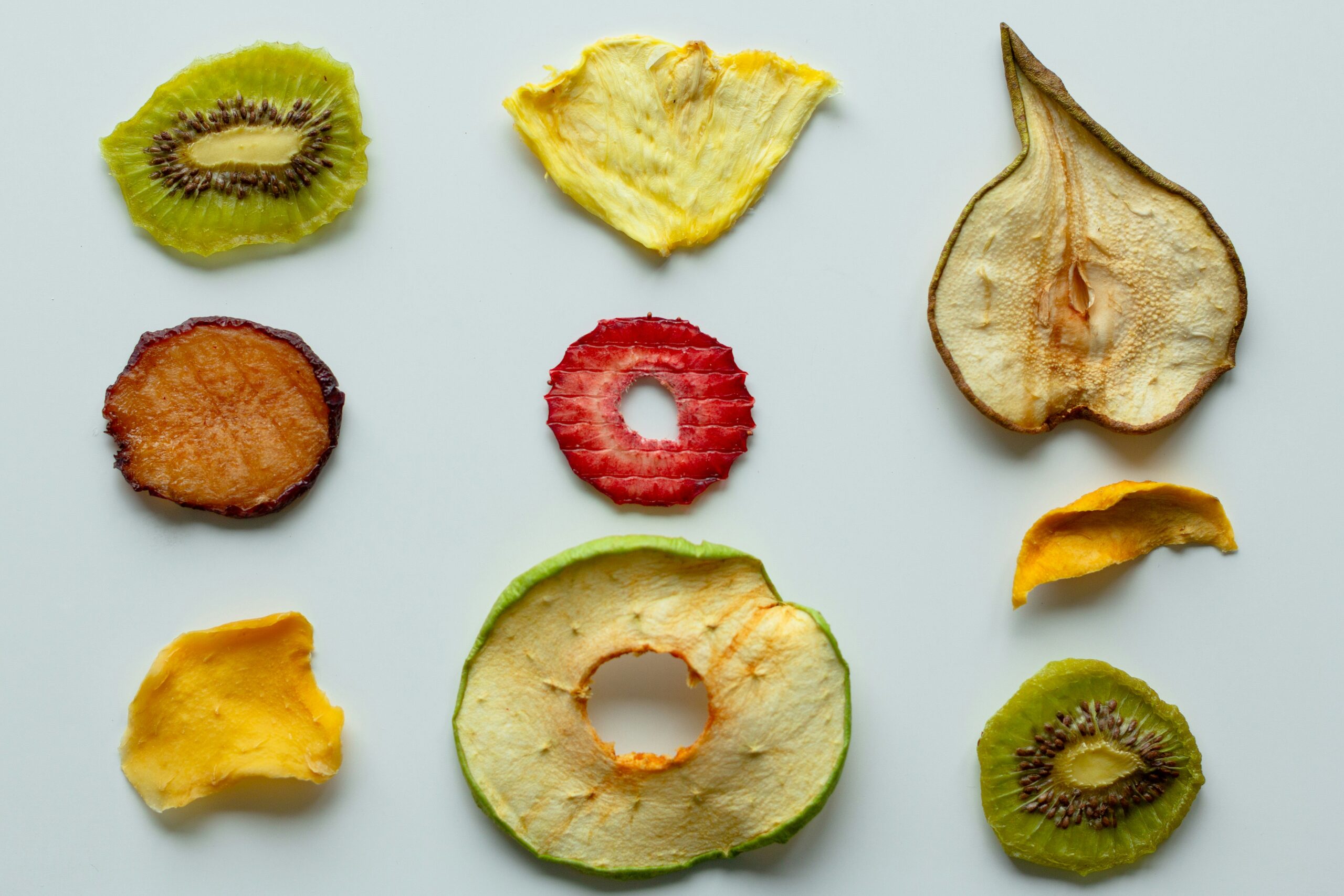
The growing region's soil partially determines the mineral composition of the fruit. On the other hand, dried prunes belong to the group of products classically defined as mineral-rich sources. Most notably, mineral content can be lost in other fruit drying methods, but dehydrating plums does not involve any loss of minerals. Moderate amounts of potassium, calcium, and magnesium are available in dried plums.
Such permanent elements that accommodate many functions in the human body are very important parts of our lives. Dried prune juice may also have these minerals but a bit less. Hence, dried plum products may serve as dietary mineral supplements.
Dried prunes also offer different sums of vitamin value. But fresh plums might have more of some vitamins because these substances break down during high-temperature dehydration. One such element is vitamin C![]() , present in dried plums but in lesser amounts. However, it is also based on the type of vitamin; other vitamins can be more concentrated by decomposition, and dried plums are more nutrient-rich than fresh plums and many other fresh fruits. Prunes contain vitamin A and some types of B vitamins. Eating prunes helps us meet many of our daily needs with the abovementioned vitamins.
, present in dried plums but in lesser amounts. However, it is also based on the type of vitamin; other vitamins can be more concentrated by decomposition, and dried plums are more nutrient-rich than fresh plums and many other fresh fruits. Prunes contain vitamin A and some types of B vitamins. Eating prunes helps us meet many of our daily needs with the abovementioned vitamins.
Apart from vitamins and minerals, dried plums have many health-promoting components, including organic acids. Two organic acids, malic acid![]() and quinic acid
and quinic acid![]() , are predominantly found in fresh, dried plums. According to different reports, fresh plums could contain varying amounts of these acids.
, are predominantly found in fresh, dried plums. According to different reports, fresh plums could contain varying amounts of these acids.
Phenolic compounds—or antioxidants—also comprise an important part of dried plums. In this situation, every time, half of all phenolic compounds are lost during the drying process based on the dry weight of fresh plums and dried plums. So, when it comes to fresh plums, that means even more antioxidants for you! Dried plums, nevertheless, have a high phenol content, and prune juice is one of the fruit juices with the highest concentration of phenolic compounds.
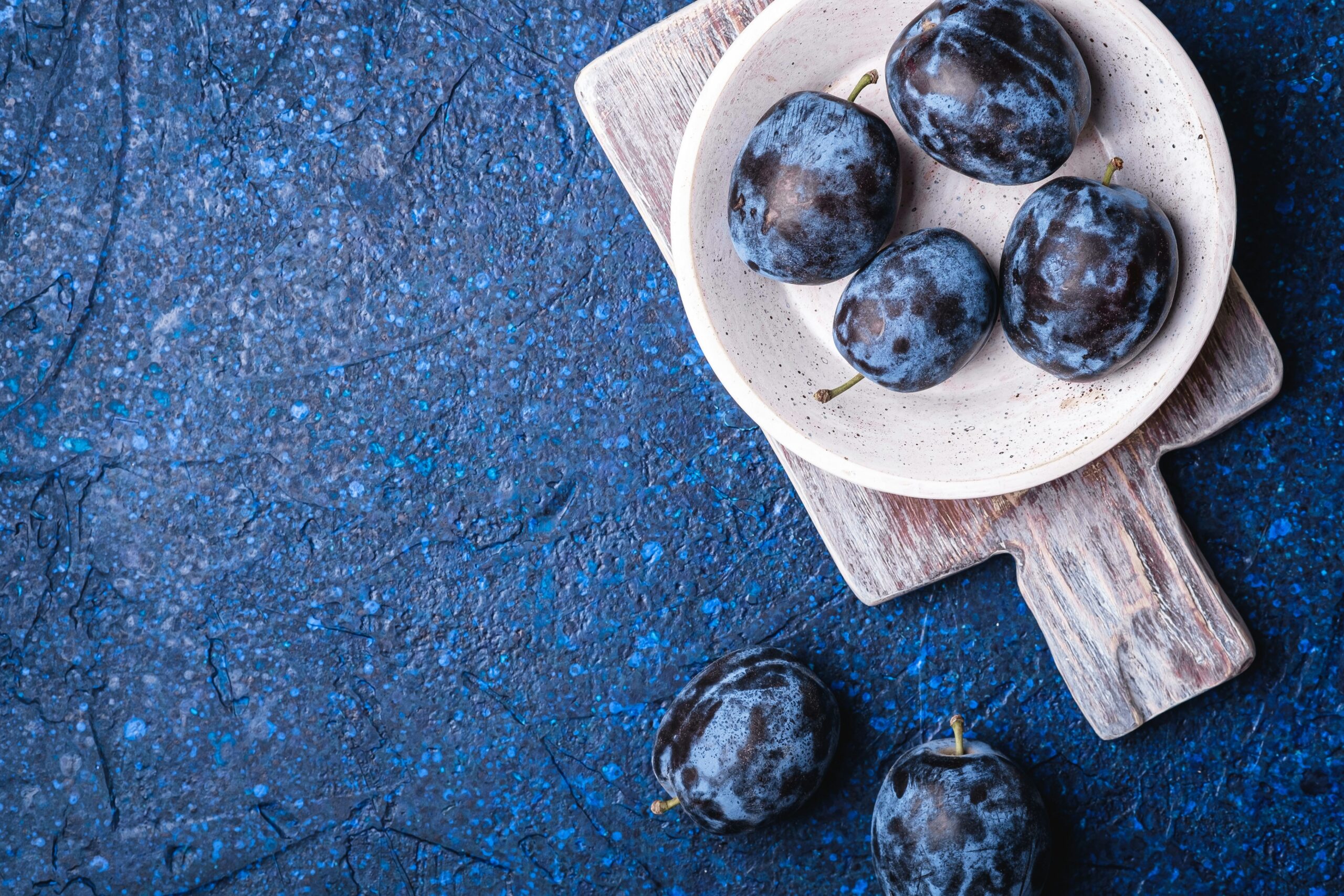
In conclusion, dried plums have great nutritional and medicinal value; thus, including these fruits in daily diet is useful for treating and avoiding several diseases. However, are dry plums fully secure for intake? The experts have established that such edible dried plums are harmless and do not indicate toxicity. However, relatively few reports on the adverse effects of these products were obtained. However, you do have some problems if your date is filled with dried plums. This is why you should stick to the advised amount of dried prunes you include daily. One might wish to consult their doctor before adding any new product to their diet.
Overeating dried prunes may be due to the strong laxative effect. The high fiber and other digestion-aiding materials in prunes can cause extreme signs. Abdominal pain symptoms and diarrhea have been reported in some. Therefore, it is better to eat plums in moderation because eating too much will accelerate the large intestine's peristalsis too fast.
If someone is allergic to fresh prunes, they should also not eat dried ones. Those sorts of allergies are uncommon but possible. Food allergy endangers you, so do not ignore the symptoms of it. Moreover, remember that dried plums can have very high contents of sulfites, the allergy-causing preservatives. Sulfites produce a variety of illnesses in persons who are allergic.